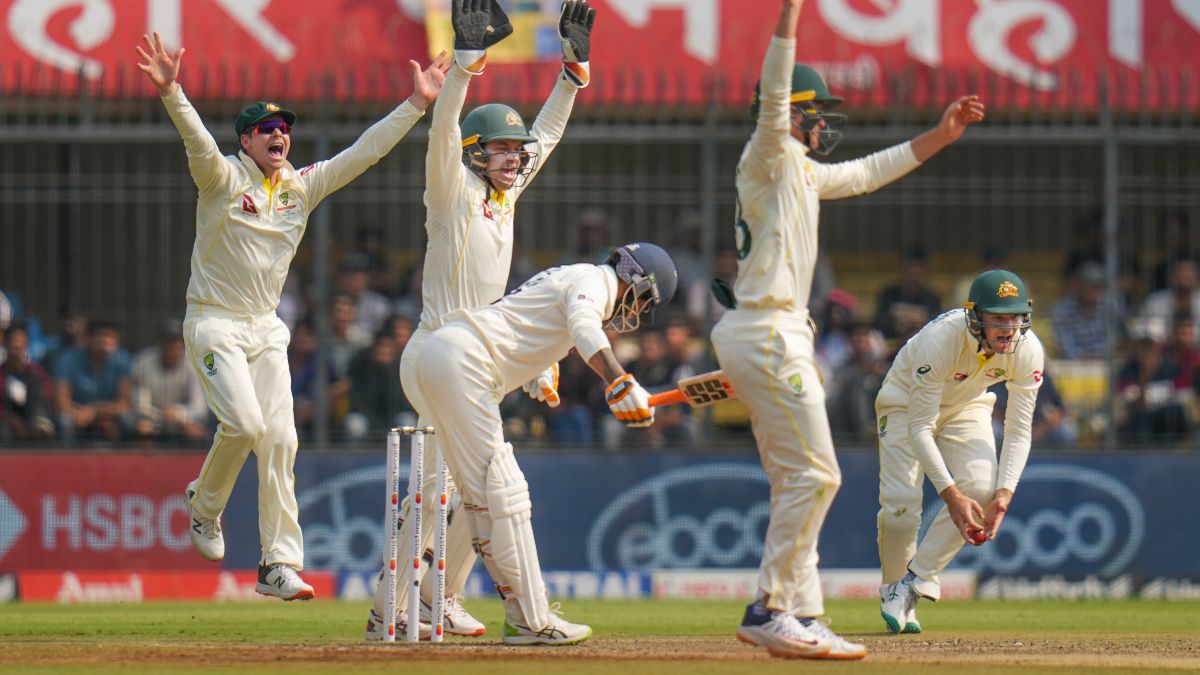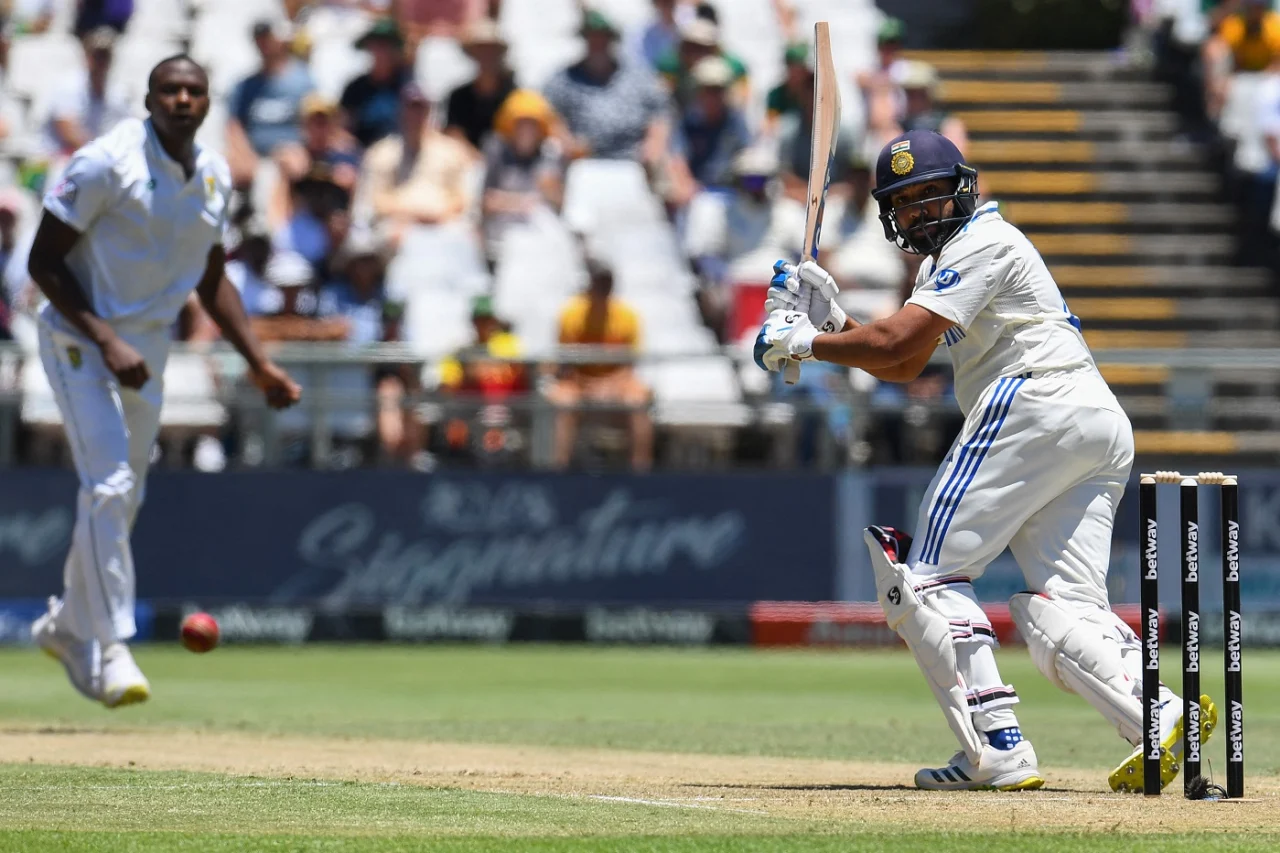In a series of new rule implements, the International Cricket Council (ICC) has announced that caught-behind appeals will no longer be examined by the third umpire during stumping referrals issued upstairs. As a result, the teams will be unable to appeal and check the possibility of a caught-behind dismissal without facing a review.
Teams used to take advantage of this gap by manufacturing extra stumpings and sending them upstairs to see if there was a justification for being behind schedule, without really completing a review.
Previously, the policy recommended by ICC was that caught-behind calls be examined first before stumping. However, with the rule change, the third umpire will only be allowed to observe the side on camera, which will clarify the stumping appeal result.
The issues were evident in the 2023 Border-Gavaskar Trophy between India and Australia, as Australian wicketkeeper Alex Carey effected multiple stumpings to take it upstairs, forcing the third umpire to examine caught-behind first, before switching to the side-on camera.
According to Cricbuzz, the modification proposed by the ICC will limit the stumping review to only broken stumps, since caught behind could only be checked through the player review from the new rule.
“The change confines a stumping review to only check for stumped, therefore preventing the fielding team a free review for other modes of dismissal (i.e, caught behind) without choosing a player review.”

The rule went into effect on December 12, 2023, with a formal notification expected soon. The ICC has also made a minor change to the concussion substitution regulation. The governing body also announced some minor changes regarding no-ball checks and time given for on-field injury procedures.
“(It) provides clarity in the regulations to ensure that a replacement player will not be permitted to bowl if the replaced player was suspended from bowling at the time of their concussion.
“The third umpire will have a broader scope to automatically check all forms of foot fault no ball in addition to the front foot. Clarifies the time limit (maximum four minutes) allowed for an on-field assessment or treatment of an injury,” A Report in Cricbuzz said.
Meanwhile, in 2023, the BCCI introduced impact rule white-ball domestic contests, the Vijay Hazare Trophy and the Syed Mushtaq Ali Trophy. The much-anticipated two bouncers per over-regulation, which will be implemented in the 2024 Indian Premier League (IPL), was also used in the 2023 Syed Mushtaq Ali Trophy.


